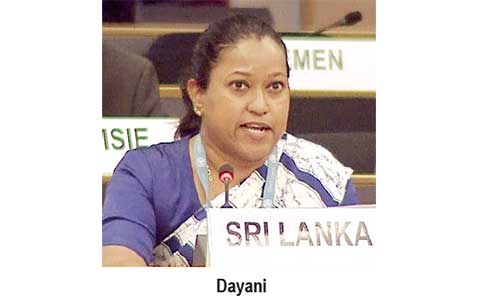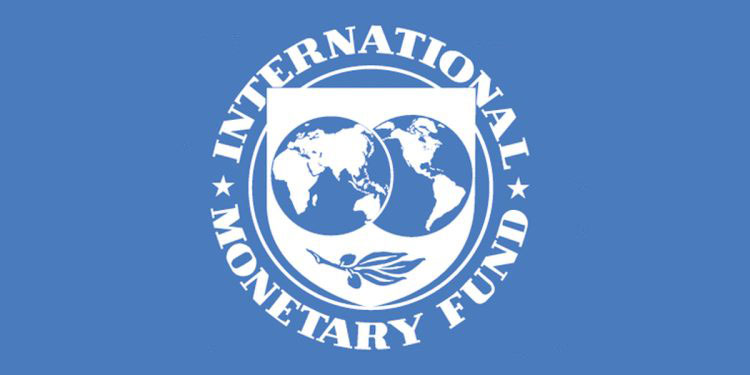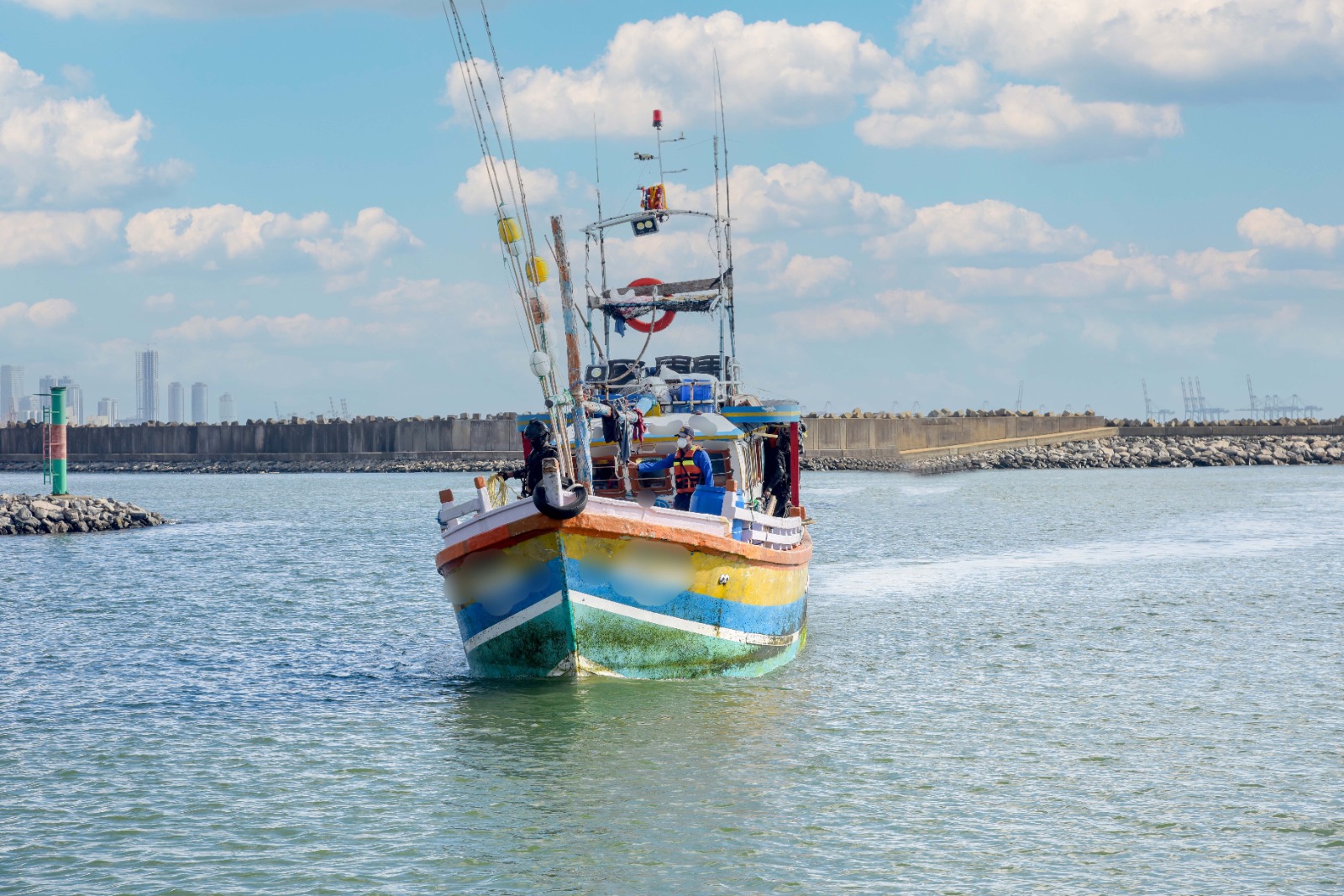News
Lanka calls for UN intervention to help poor countries

Unparallelled economic and debt crisis
The Sri Lankan government has called UN intervention on behalf of developing countries struggling to cope up with an unprecedented economic and debt crisis due to corona pandemic.
Dayani Mendis, Acting Permanent Representative of Sri Lanka to the United Nations in Geneva on Tuesday (15) said that the need for debt relief and financial stimulus for these countries must be duly recognized.
She said: “During the height of the COVID-19 pandemic, approximately 1.5 million migrant workers from Sri Lanka were overseas. Many of these migrant workers are facing the grim prospect of losing their jobs and means of livelihood, while some are faced with the challenge of enforced return.”
The following is the text of her statement in Geneva: “As this Council is aware, last November, the people of Sri Lanka gave a resounding mandate to President Gotabaya Rajapaksa to pursue a policy framework aimed at achieving the fourfold outcome of “a productive citizenry, a contented family, a disciplined and just society and a prosperous nation.”
This historic mandate was renewed by the people at the General Election held last August, with an unprecedented percentage of 59.09% votes, for the first time in the history, in an election held under the Proportional Representation System. This is a clear signal of the support of the people of Sri Lanka for a path forward for the country, towards prosperity while safeguarding the people and protecting the sovereignty of the country without succumbing to any force.
At a time when even highly developed countries in the world were left with a substantial challenge in the wake of the COVID-19 pandemic, Sri Lanka was able to successfully face the challenge by containing its spread, thanks to a well-coordinated mechanism of preventive measures at the national level, assisted by a robust local healthcare system.
This was a result of a series of measures taken by the Government to mitigate the challenges posed by COVID-19, which have been inclusive, non-discriminatory and holistic, providing foremost importance to safeguarding the health and safety of its people. Such measures included, financially supporting low income families, pensioners and differently-abled, day-income earners and farmers, managing the repatriation of Sri Lankans in a coordinated manner, exploring avenues of business to create new economic trends while supporting existing industries and moving forward to the use of the digital technology including to connect the farmer, consumer and supplier, delivery of essential items and services, and distant education.
The WHO has commended Sri Lanka’s efforts to control COVID-19 more effectively than more resourced countries even with modest means. Sri Lanka is the first in South Asia to have successfully conducted Parliamentary elections early last month with a 71% voter turnout and was among the first countries in South Asia to open schools and bring back children in a safe way, as commended by UNICEF. Furthermore, the World Travel and Tourism Council (WTTC) has recently stamped Sri Lanka as a safe haven for tourists.
The Government of Sri Lanka has given high priority towards addressing their concerns, providing food and medicines where required, and where possible, working with the host countries to obtain legitimization of their status and medical facilities including testing for COVID-19.
Through a whole-of-Government approach to overcome the challenges and manage the health, quarantine and travel logistics aspects, Sri Lanka is currently in the process of expediting the return of nearly 40,000 migrant workers.
Sri Lanka notes with concern that developing countries are facing an unprecedented economic and debt crisis due to the pandemic. The need for debt relief and financial stimulus for these countries must be duly recognized. It is important to provide necessary financial support to such countries enabling them to face diverse socio-economic consequences caused or aggravated by the pandemic. It is also essential to ensure that all countries have unrestricted access to vital medical resources required to respond to Covid-19 and do not face impediments in their procurement.
Sri Lanka believes in national and regional level initiatives to complement and strengthen the global response to this crisis. Accordingly, Sri Lanka has contributed USD 5 million to the SAARC COVID – 19 Emergency Fund to assist the South Asian region in its efforts to deal with this challenge.”
Business
IMF staff team concludes visit to Sri Lanka

An International Monetary Fund (IMF) team led by Evan Papageorgiou visited Colombo from April 3 to 11, 2025. After constructive discussions in Colombo, Mr. Papageorgiou issued the following statement:
“Sri Lanka’s ambitious reform agenda supported by the IMF Extended Fund Facility (EFF) continues to deliver commendable outcomes. The post-crisis growth rebound of 5 percent in 2024 is impressive. Inflation declined considerably in recent quarters and has fallen to ‑2.6 percent at end-March 2025. Gross official reserves increased to US$6.5 billion at end-March 2025 with sizeable foreign exchange purchases by the central bank. Substantial fiscal reforms have strengthened public finances.
“The recent external shock and evolving developments are creating uncertainty for the Sri Lankan economy, which is still recovering from its own economic crisis. More time is needed to assess the impact of the global shock and how its implications for Sri Lanka can be addressed within the contours of its IMF-supported program.
“The government’s sustained commitment to program objectives is ensuring policy continuity and program implementation remains strong. Going forward, sustaining the reform momentum is critical to safeguard the hard-won gains of the program and put the economy on a path toward lasting macroeconomic stability and higher inclusive growth.
“Against increased global uncertainty, sustained revenue mobilization efforts and prudent budget execution in line with Budget 2025 are critical to preserve the limited fiscal space. Boosting tax compliance, including by reinstating an efficient and timely VAT refund mechanism, will help contribute to revenue gains without resorting to additional tax policy measures. Avoiding new tax exemptions will help reduce fiscal revenue leakages, corruption risks and build much needed fiscal buffers, including for social spending to support Sri Lanka’s most vulnerable. Restoring cost recovery in electricity pricing will help minimize fiscal risks arising from the electricity state-owned enterprise.
“The government has an important responsibility to protect the poor and vulnerable at this uncertain time. It is important to redouble efforts to improve targeting, adequacy, and coverage of social safety nets. Fiscal support needs to be well-targeted, time-bound, and within the existing budget envelope.
“While inflation remains low, continued monitoring is warranted to ensure sustained price stability and support macroeconomic stability. Against ongoing global uncertainty, it remains important to continue rebuilding external buffers through reserves accumulation.
“Discussions are ongoing, and the authorities are encouraged to continue to make progress on restoring cost-recovery electricity pricing, strengthening the tax exemptions framework, and other important structural reforms.
“The IMF team held meetings with His Excellency President and Finance Minister Anura Kumara Dissanayake, Honorable Prime Minister Dr. Harini Amarasuriya ; Honorable Labor Minister and Deputy Minister of Economic Development Prof. Anil Jayantha Fernando, Honorable Deputy Minister of Finance and Planning Dr. Harshana Suriyapperuma, Central Bank of Sri Lanka Governor Dr. P. Nandalal Weerasinghe, Secretary to the Treasury Mr. K M Mahinda Siriwardana, Senior Economic Advisor to the President Duminda Hulangamuwa, and other senior government and CBSL officials. The team also met with parliamentarians, representatives from the private sector, civil society organizations, and development partners.
“We would like to thank the authorities for the excellent collaboration during the mission. Discussions are continuing with the goal of reaching staff-level agreement in the near term to pave the way for the timely completion of the fourth review. We reaffirm our commitment to support Sri Lanka at this uncertain time.”
News
New Year dawns at the auspicious time of 03.21 a.m. tomorrow (14).

The Sinhala and Tamil New Year will dawn at the auspicious time of 03.21 a.m. tomorrow (14th Monday).
The auspicious time to light the hearth and prepare the first meal is at 0404 am on Monday (14) facing South.
The auspicious hour to commence work, perform the first transactions and partaking of the first meal is at 0644 am facing South dressed in white coloured clothes.
Latest News
PNB detect large haul of methamphetamine and heroin in local fishing trawler intercepted by Navy

Acting on credible information, the Sri Lanka Navy launched a special operation on the high seas on 11 Apr 25, resulting in the apprehension of 06 suspects along with a local multi-day fishing trawler, believed to be involved in smuggling of narcotics.
Subsequently, the intercepted trawler was brought to the Dikkowita Harbour, where a thorough inspection was carried out with the assistance of the Police Narcotic Bureau (PNB) experts, leading to the detection of approximately 77kg and 484g of heroin and 42kg and 334g of methamphetamine (Ice).
The consignment, which had been meticulously hidden in the trawler, was handed over to the PNB for onward legal action on 12 Apr.
-

 Business7 days ago
Business7 days agoColombo Coffee wins coveted management awards
-

 News2 days ago
News2 days agoSuspect injured in police shooting hospitalised
-

 Features3 days ago
Features3 days agoRobbers and Wreckers
-

 Features5 days ago
Features5 days agoSri Lanka’s Foreign Policy amid Geopolitical Transformations: 1990-2024 – Part III
-

 Midweek Review5 days ago
Midweek Review5 days agoInequality is killing the Middle Class
-

 Features7 days ago
Features7 days agoSri Lanka’s Foreign Policy amid Geopolitical Transformations: 1990-2024 – Part I
-

 Business2 days ago
Business2 days agoSanjiv Hulugalle appointed CEO and General Manager of Cinnamon Life at City of Dreams Sri Lanka
-

 Features6 days ago
Features6 days agoA brighter future …











